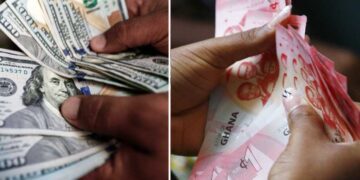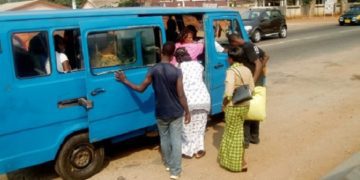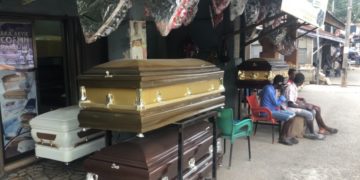[ad_1]
He believed that the decision was based on data available to the President and the COVID-19 Response Team and, thus, entreated the public to exercise restraint in their criticisms.
Dr Oduro-Osae, however, underscored the need for the Information Minister, Mr Kojo Oppong Nkrumah, to provide further explanations and breakdown of what the lifting meant to the average Ghanaian.
“If you look at the public jubilations and what’s happening in town now, it’s like all the safety precautions have been relaxed, but we’re not out of the woods yet,” he noted.
Dr Oduro-Osae said this in an interview with the Ghana News Agency on Monday following the lifting of the three-week ban on the “stay home’ directive of Greater Accra, Tema, Kasoa and Greater Kumasi by the President effective Monday, April 20, at 0100 hours.
The reason for the ban lifting, the President said, was Ghana’s ability to undertake aggressive contact tracing, enhanced testing, expansion of the number of treatment and isolation centres as well as the economic impact of COVID-19 pandemic on the poor and vulnerable in the affected areas.
Dr Oduro-Osae said there should be more public education on the implication of the lifting of restriction on movements whilst security personnel remained at the checkpoints to enforce the safety and social distancing directives.
The Local Government Expert urged the various metropolitan, municipal and district assemblies and Ministry of Local Government and Rural Development to enforce the social distancing and hygiene protocols at the various markets to avoid possible community spread of the virus.
“My greatest disappointment is the low arrest and prosecution of persons who breached the lockdown directives. I believe those who break such directives must be prosecuted to serve as a deterrent to others,” Dr Oduro-Osae added.
Ghana’s case count for COVID-19 now stands at 1,042 as at Sunday, April 19, with nine deaths and 99 persons fully recovering, after 68,591 test results were received.



















